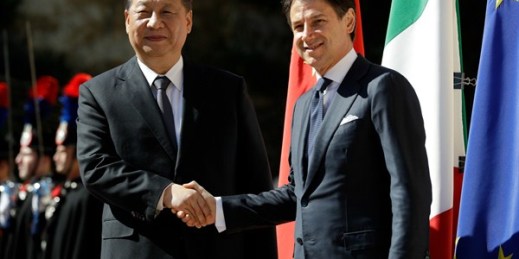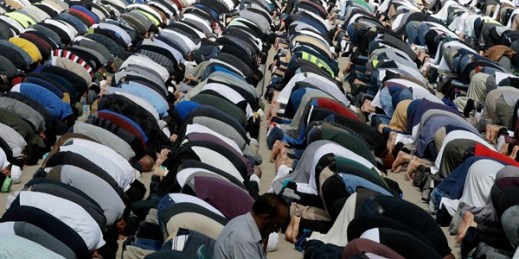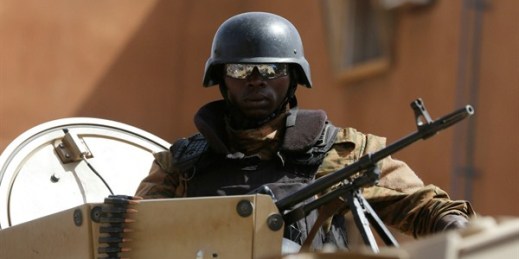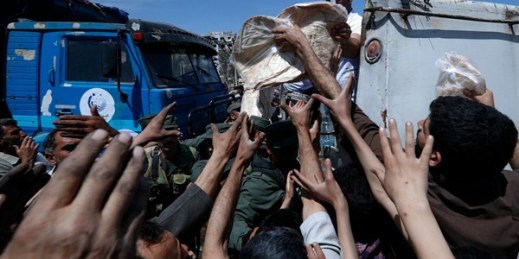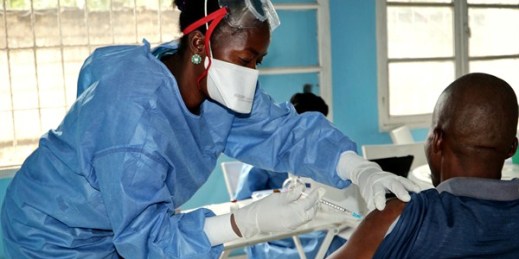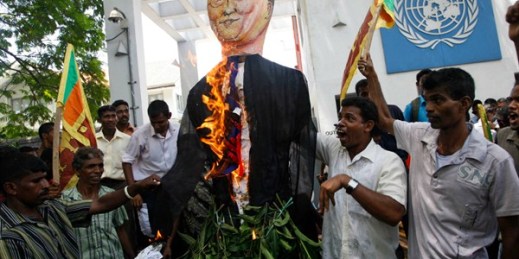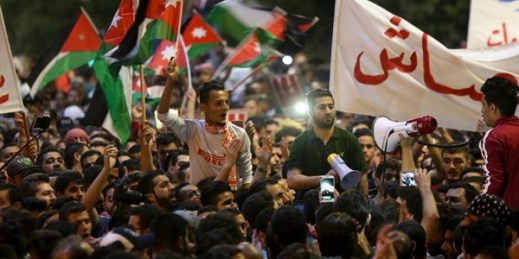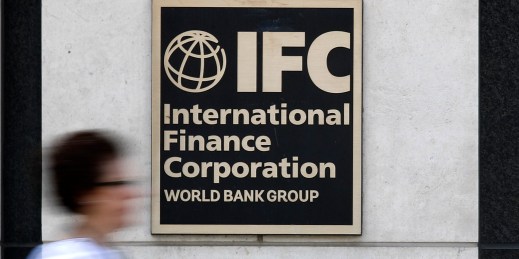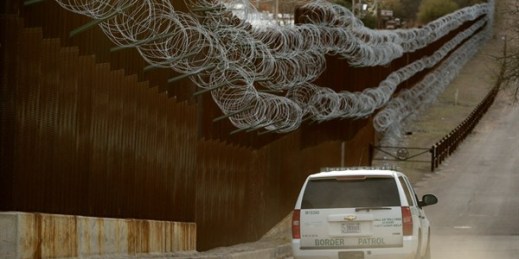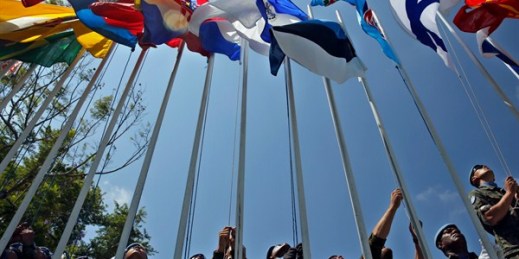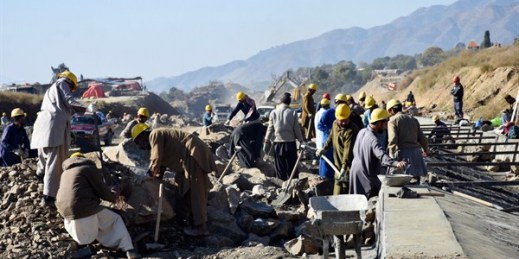
China’s ‘One Belt, One Road’ initiative has the potential to be a win-win for China and for the developing countries in Africa and Eurasia that are involved, but only if it can overcome some major obstacles. Find out more – when you subscribe to World Politics Review. China is using its influence to build a global economic network for trade and development, with itself as the driver. China’s ‘One Belt, One Road’ initiative—known as OBOR as well as the Belt and Road Initiative, and unveiled by President Xi Jinping in 2013—has been touted as the blueprint for this new global […]

